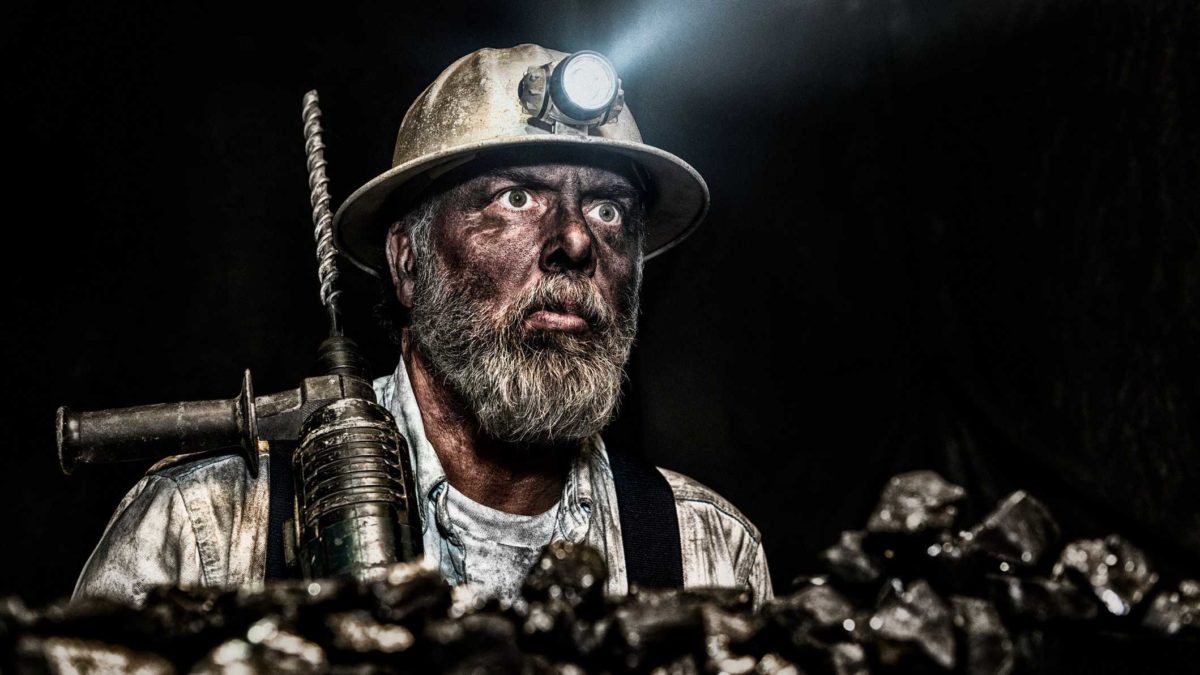As we're enjoying a comfortably warm summer in Australia – it's 37 degrees outside my window in the Adelaide Hills today – spare a thought for the many shivering Chinese people. Not to mention some of China's steel makers, watching the quality of their product deteriorate.
Just as much of Australia's summer temperatures are coming in below average, so too are China's winter temperatures. Which comes at an inopportune time for Chinese authorities, who imposed an unofficial ban on Australian thermal and coking coal in late September. A ban that's now official.
As the Wall Street Journal reports: "China's central government made the embargo official at a mid-December meeting with major Chinese electricity producers, who are big buyers of thermal coal."
If you're not familiar, thermal coal is predominantly used in power plants while coking coal (which generates more heat) is mostly used in steel production.
China's "self-inflicted wounds"
Now coal isn't the only Aussie commodity China has hit with embargos.
A range of Australia imports including wine, meat, seafood and timber were restricted as diplomatic relations between the 2 nations deteriorated last year. While there are a number of sticking points between our governments, "Canberra's call for an independent global inquiry into the origins of COVID-19" was not well received by Beijing.
For the moment, Beijing is sticking to its guns on the Aussie coal ban. But at considerable cost to China's own wellbeing.
As Atilla Widnell, managing director of Navigate Commodities, told the South China Morning Post: "China's punitive economic measures are causing self-inflicted wounds."
Indeed, coal buyers in China have been forced to source their product from anywhere but Australia, leading to lower quality coal alongside higher prices. According to the WSJ, Chinese coal importers are paying hefty premiums to buy from more distant markets. Premiums that come atop an 84% price rise since midyear.
The China Coal Transportation and Distribution Association stated, "Coal buyers are on tenterhooks watching the import market. It's been hard to replenish low coal inventory and shortages, while demand is unabated."
Coal prices rallying
Varying supply issues from coal producers around the world, including heavy rains in Queensland, have squeezed new coal supplies in recent months. This comes alongside plenty of demand from major coal importers like India and Japan.
As the SCMP notes, this has helped drive the price of hard coking coal from around US$98 per tonne in mid-November to approximately US$150 per tonne at the end of January.
The supply crunch has analysts saying that "China may come under pressure to lift its ban on Australian coking coal and copper concentrates amid dwindling supplies of high quality raw materials…"
Atop the higher costs, the coking coal coming onto the Chinese market from other nations isn't the same quality as Australia's:
Pressure has built on steel mills' profit margins, while concerns over the low quality of steel output have risen, as a result of using inferior coking coal.
Some local mills and traders have petitioned their local governments over recent weeks for relief from the Australian coal ban, according to Fastmarkets.
Li Min, a Fastmarkets coal analyst says, "Other steel mills and trading houses in China, which have cargoes of Australian coal waiting in anchorage, have requested to offload their cargoes through customs but have not got any firm replies yet."
Widnell adds:
High quality coking coal supply is essential to support a stable and uniform reduction of the blast furnace iron burden. Most Chinese coke ovens have limited tolerance for using Mongolian and other semi-soft coking coals. Without the use of high-grade premium hard coking coal, Chinese metallurgical coke batteries and output will deteriorate over time.
Did Beijing just blink?
According to Bloomberg, there are now 61 bulk carriers in limbo outside of Chinese ports, waiting to offload their cargos of coal. Those ships are crewed by some 1,200 sailors, many stranded at sea since October.
But there may be a reprieve coming for both those sailors and their cargos:
China plans to allow some stranded Australian coal shipments to unload despite ongoing curbs on imports, a move aimed at showing goodwill to countries with seafarers stuck on the vessels, a person familiar with the situation said.
The measure doesn't mean China is loosening its ban on Australian coal imports and it's uncertain if the deliveries will be cleared by customs…
While we're unlikely to see an immediate end to China's Aussie coal ban, the pressure is clearly building from within for Beijing to deliver affordable electricity and support its crucial steel making sector.
Atop that, the World Health Organisation's findings that biological facilities in Wuhan were not the cause of the COVID pandemic may help ease some of the tensions between Canberra and Beijing.
Three leading ASX coal shares
Any move by Beijing to lift the ban on Australian coal imports will come as good news to ASX coal producers.
Here are 3 of Australia's larger coal shares.
First up, Yancoal Australia Ltd (ASX: YAL), with a market cap of $3.25 billion. Year-to-date, Yancoal's share price is down 4%. Yancoal pays an 8.8% annual dividend yield, unfranked.
Second up, Whitehaven Coal Ltd (ASX: WHC), with a market cap of $1.55 billion. Year-to-date, Whitehaven's share price is down 5%. Whitehaven pays an annual dividend yield of 1.0%, unfranked.
And third is New Hope Corporation Limited (ASX: NHC), with a market cap of $1.04 billion. Year-to-date, the New Hope share price is down 13%. New Hope pays an annual dividend yield of 4.7%, fully franked.









